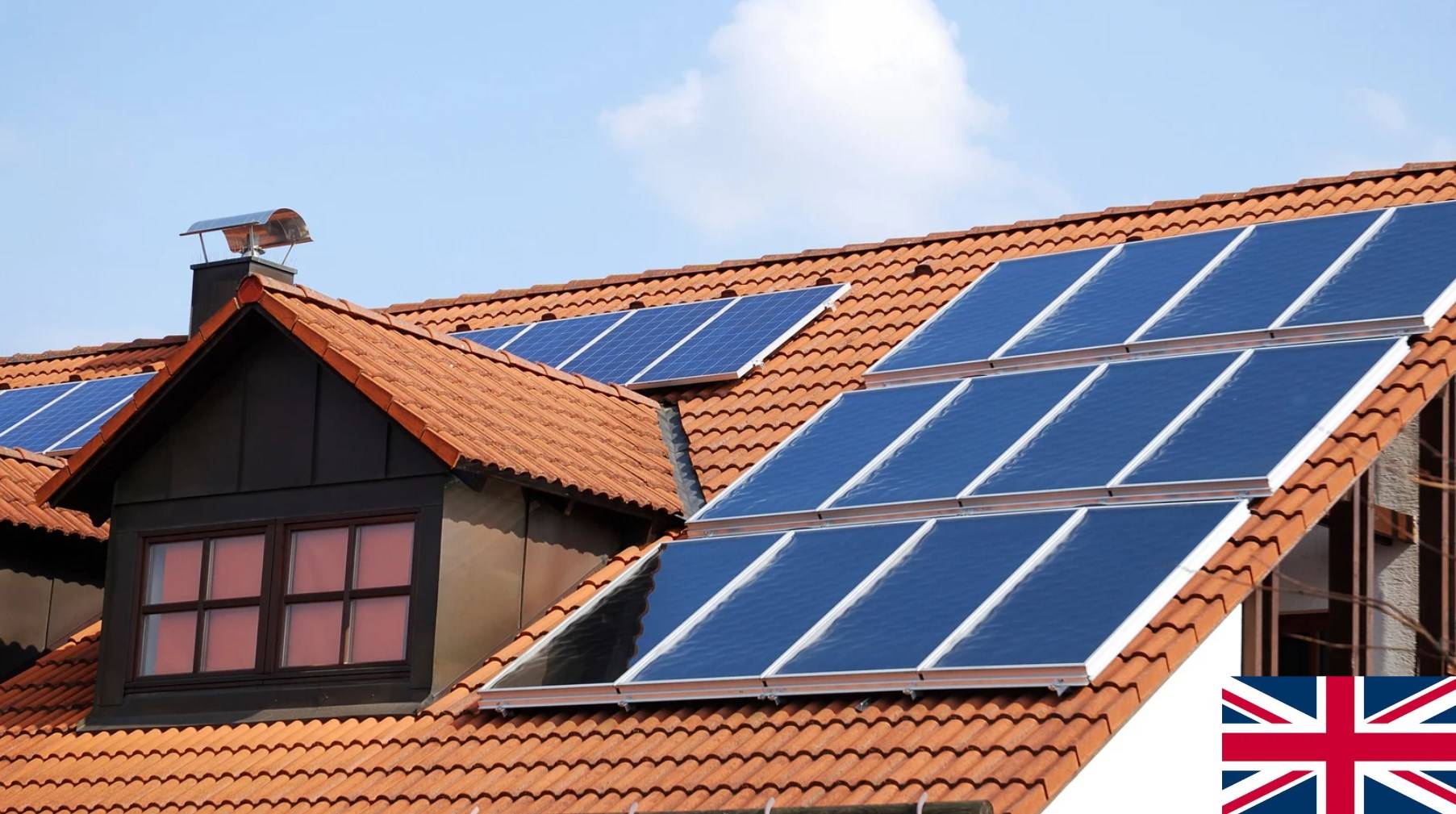The Energy Efficient Home Grant in the UK helps homeowners improve their property’s energy efficiency, reducing energy bills and environmental impact. Eligibility depends on factors like income and property type. This guide outlines how to apply, eligibility requirements, and potential funding amounts available.
What is the Energy Efficient Home Grant and what does it cover?
The Energy Efficient Home Grant is a government initiative designed to assist homeowners in making energy-efficient improvements to their properties. The grant covers various upgrades, including:
- Insulation (loft, cavity wall, solid wall)
- Heating systems (heat pumps, boilers)
- Renewable energy technologies (solar panels)
Overview of Covered Improvements
| Improvement Type | Description |
|---|---|
| Insulation | Enhances thermal efficiency |
| Heating Systems | Replaces old systems with low-carbon options |
| Renewable Technologies | Supports installation of solar panels |
Who is eligible for the Energy Efficient Home Grant?
Eligibility criteria for the Energy Efficient Home Grant vary based on specific schemes but generally include:
- Income Thresholds: Typically, households with a total income below £31,000 may qualify.
- Property Type: Homes must usually have an Energy Performance Certificate (EPC) rating of D or lower.
- Local Authority Area: Some grants are only available in specific regions or local authority areas.
Eligibility Criteria
| Criteria | Requirement |
|---|---|
| Income | Total household income below £31,000 |
| EPC Rating | Must have an EPC rating of D or lower |
| Location | Must reside in an eligible local authority area |
What types of improvements can be funded through this grant?
The grant funds a variety of energy-efficient improvements, including:
- Insulation: Loft insulation, cavity wall insulation, and solid wall insulation.
- Heating Upgrades: Installation of air source heat pumps or high-efficiency boilers.
- Renewable Energy Installations: Solar photovoltaic systems or solar thermal systems.
Types of Funded Improvements
| Improvement Type | Description |
|---|---|
| Insulation | Reduces heat loss and improves comfort |
| Heating Upgrades | Lowers energy costs through efficient systems |
| Renewable Installations | Provides sustainable energy solutions |
How much funding can you receive from the Energy Efficient Home Grant?
Funding amounts vary based on the type of improvement and specific scheme but can cover:
- Full Installation Costs: For low-income households, up to 100% of installation costs may be funded.
- Partial Funding: For other households, grants may cover a significant portion but not all costs.
Funding Amounts
| Funding Type | Amount Available |
|---|---|
| Full Funding | Up to 100% for low-income households |
| Partial Funding | Varies by project type; typically substantial |
How do you apply for the Energy Efficient Home Grant?
To apply for the Energy Efficient Home Grant, follow these steps:
- Check Eligibility: Review your household income and EPC rating.
- Contact Local Authorities: Reach out to your local council or authority administering grants.
- Submit an Application: Complete any required forms and provide necessary documentation.
- Get Quotes from Installers: Obtain quotes from approved contractors for your planned improvements.
Application Process
| Step | Action |
|---|---|
| Check Eligibility | Review income and EPC rating |
| Contact Local Authority | Reach out to inquire about available grants |
| Submit Application | Fill out forms and provide documentation |
| Obtain Installer Quotes | Get quotes from approved contractors |
Buy Wholesale Battery Tips
For businesses seeking reliable battery solutions, Redway Battery is an excellent choice for wholesale buyers or OEM clients overseas. With over 13 years of experience in lithium battery manufacturing, Redway Battery provides high-quality products that serve as a superior alternative to lead-acid batteries.To make OEM orders from a trustworthy manufacturer like Redway Battery:
- Identify Your Needs: Determine specifications and quantities required.
- Contact Redway Battery: Reach out through their official channels.
- Discuss Terms: Negotiate pricing and delivery timelines.
- Place Your Order: Finalize your order with a purchase agreement.
Industrial News
Recent updates on energy efficiency grants indicate increased government investment aimed at improving home insulation and heating systems across the UK. The government has committed significant funds to support initiatives that encourage homeowners to adopt more sustainable practices, thus reducing overall carbon emissions.
Redway Expert Views
“Accessing energy efficiency grants is crucial for homeowners looking to reduce their bills while contributing to sustainability,” states an expert at Redway Battery. “Understanding eligibility and application processes can help maximize available resources.”
FAQ Section
- Q1: Who qualifies for the Energy Efficient Home Grant?
A1: Typically, homeowners with a total income below £31,000 and an EPC rating of D or lower qualify. - Q2: What types of improvements can I get funding for?
A2: The grant covers insulation, heating upgrades, and renewable energy installations like solar panels. - Q3: How much funding can I receive?
A3: Funding amounts vary; low-income households may receive up to 100% coverage while others may get partial funding. - Q4: How do I apply for this grant?
A4: Check your eligibility, contact local authorities, submit an application, and obtain quotes from approved installers.



